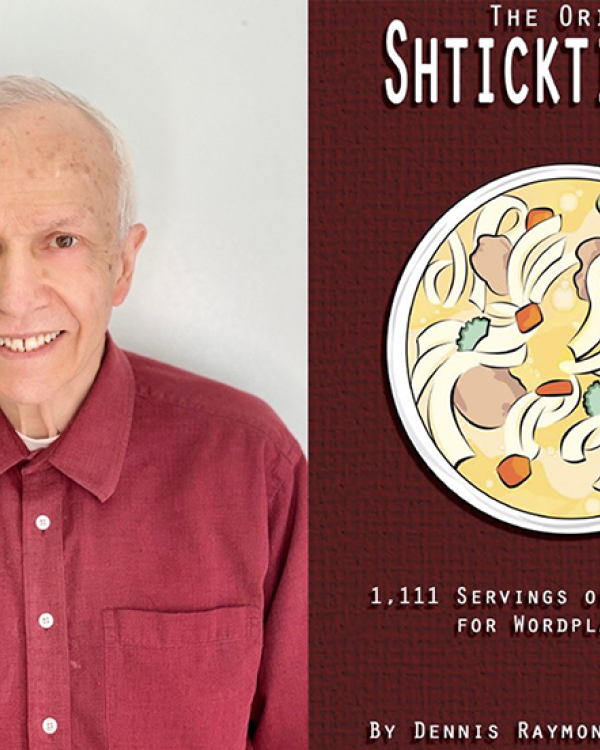
Marquis Who's Who recently presented UC Santa Barbara alumnus Dennis Raymond Ridley (Ph.D.,’72) with the Albert Nelson Marquis Lifetime Achievement Award. An accomplished listee, Dr. Ridley celebrates many years' experience in his professional network, and has been noted for achievements, leadership qualities, and the credentials and successes he has accrued in his field.
After a journey in academia that spanned more than four decades, Dr. Ridley retired in 2013 as a senior research associate in the Institutional Research Assessment and Accreditation Division of Joint Forces Staff College. His career included appointments as the director of instructional research and planning at Virginia Wesleyan College, as director of student assessment at Christopher Newport University, and in two research positions and as Visiting Fellow at Cornell University, and teaching positions at several other colleges in New York and California.
Upon receiving this award, Ridley recently shared the following with the Gevirtz School via email:
I am now 79 years old and was one of the original two Ph.D. candidates in the Educational Psychology program when it was launched probably in fall of 1968. In 1968 I received a Master's degree in Education, and I earned my Ph.D. in 1972. My advisor was Dr. John W. Cotton. I worked long and hard during my career from which I retired in 2013, and I accomplished a great deal, including over 100 professional publications including several books, such as my contribution to American humor titled The Original Schticktionary.
I had some great good luck along the way. Right after college graduation I got a job for a year working on research in the Psychology Department of a psychiatric hospital in Connecticut. So, I had a professional job under my belt before I even entered graduate school. During that year I wrote an article based on my senior honors research at Amherst College, and my advisor there was my co-author. So, I also had a publication in a prominent journal before graduate school! Imagine the boost that gave my confidence entering graduate school. Another publication, in the Journal of Personality, was to come along a year or so after my collaboration on research in the Connecticut Hospital. Some of the young profs probably didn't appreciate me so much after the pep talk they got from then Education Dean R. Murray Thomas. I wasn't there, but he probably said something like, "All right, scholars, it's time to ramp up your publication efforts, if Ridley can come here a year after college with an article in the Journal of Educational Psychology!" Just a little vignette I thought you might be interested to hear.